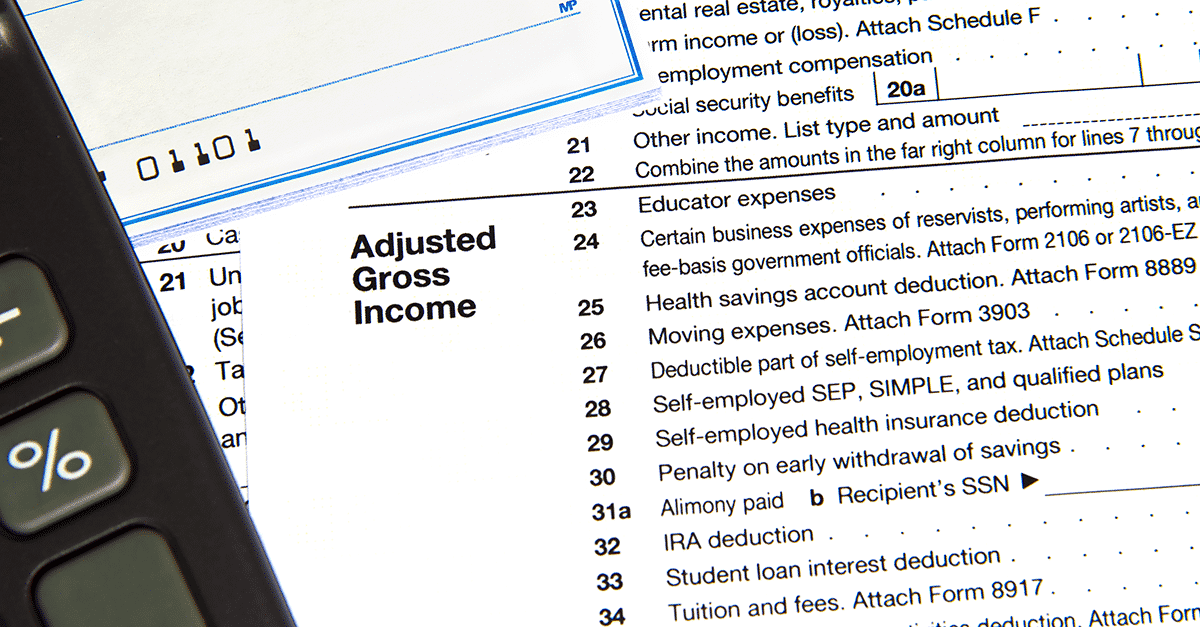
401(k)
What is a 401(k) Retirement Plan? A 401(k) is an employer-sponsored retirement plan that allows …

Adjusted Gross Income (AGI)
What Is Adjusted Gross Income? Adjusted gross income (AGI) is one figure used in the …

Alternative Investments
What Are Alternative Investments? Alternative investments indicate assets that aren’t considered “conventional” investment types, like …

Amortization
What Is Amortization? Amortization is an accounting technique that involves spreading out the cost of …

Annualized Rate of Return
What is Annualized Rate of Return? Annualized rate of return is the average annual return …

Annuity
What Is an Annuity? An annuity is a contract with an insurance company that guarantees …

Appreciation
What is Appreciation? Appreciation means that the value of a financial asset increases over time. …

Asset Allocation
What is Asset Allocation? Asset allocation is the process of dividing investments among cash, equities …

Asset Class
Asset Class Definition Asset classes are securities with similar features and financial structure. These securities …

Basis Points (BPS)
What is a Basis Point? A basis point represents one gradation on a 100-point scale …

Bear/Bull Market
What is a Bear or Bull Market? A bear market is a prolonged period of …

Benchmark
What Is a Benchmark in Finance? Financial benchmarking involves running financial analyses in order to …

Beneficiary
What Is a Beneficiary? A beneficiary is the person or entity who will receive benefits …

Blue Chip
Blue Chip Meaning A blue chip is a high-quality, relatively low-risk investment; it usually refers …

Bonds
What Is a Bond? A bond acts like a loan or an IOU that is …

Budget
A budget is a financial plan that outlines the projected income and anticipated expenses used …

Capital Gains
What are Capital Gains? Capital gains are the difference between a security’s purchase price and …

Cash Balance Pension Plan
What Is a Cash Balance Pension Plan A cash balance pension plan is a type …

